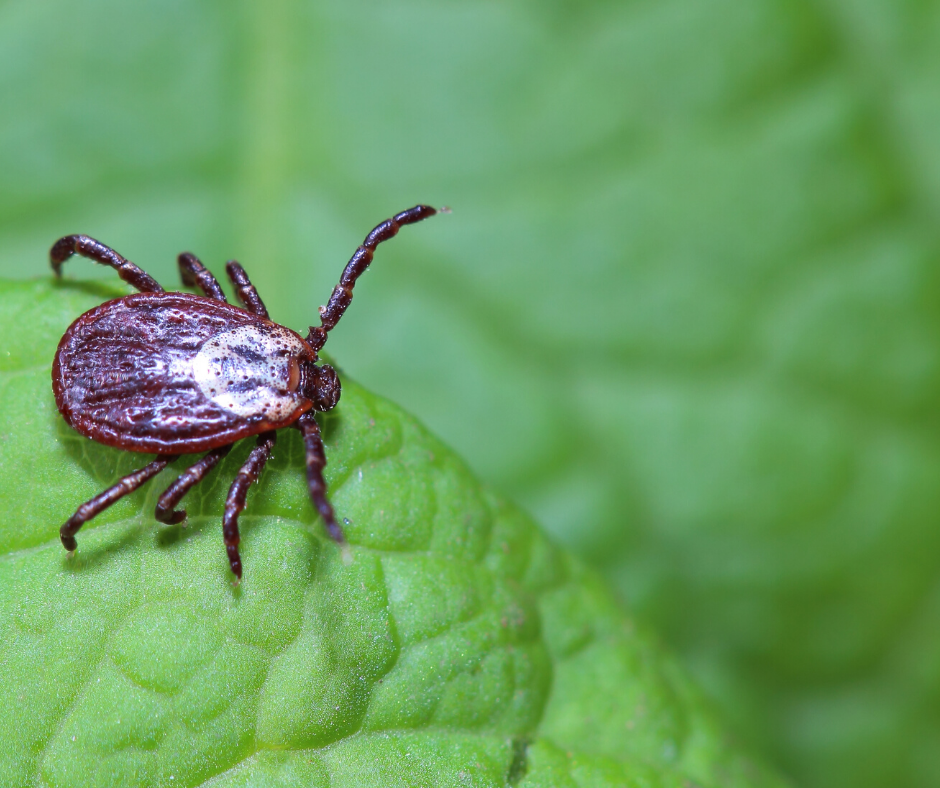
Forget Murder hornets … state officials say locals should worry more about ticks in 2020. According to officials with the UT Ag Extension office, mild temperatures and lots of rain this winter will combine for higher than normal number of the creepy little bloodsuckers – especially in May and June when they tend to be more active.
According to local vet Dr. Bryant Morton, he’s already seeing both dogs and cats suffering the affects of tick bites this year and the season’s barely begun.
When it comes to pets, Dr. Morton advises that an ounce of prevention is worth a pound of veterinary cure, which can often be lengthy, expensive, and largely unsuccessful. Dogs most commonly suffer from rickettsial disease, which causes shifting leg lameness, reoccurring fevers, and overall malaise. In cats, bobcat fever is more common. Both collars and topicals are available for both dogs and cats that kill ticks but they are notoriously difficult to repell, according to Dr. Morton. Owners can also give dogs oral monthly products.
Human exposure greater due to COVID-19
In Tennessee, there are 15 different ticks species many whose bite can cause serious disease in humans. In fact, 60 percent of the Rocky Mountain Spotted Fever cases in the United States come from just five states: Tennessee, North Carolina, Oklahoma, Arkansas, and Missouri.
Experts expect another trend to affect the number of local tick bites this season. Due to COVID-19 concerns, a greater number of people are spending time outside now more than ever.
When spending time outdoors, especially in wooded areas and tall grass where ticks like to hide, experts recommend wearing long pants or spraying your clothes with tick repellent. Experts say throwing your clothes immediately in the washer or in a hot dryer for 10 minutes when you get home will keep ticks from lingering. You should also shower within two hours.
It’s a good idea to thoroughly check yourself and others for ticks when you return. If you locate one of the creepy little hitchhikers, pull it off with tweezers as close to the skin as possible. It’s also a good idea to throw the specimen into a plastic container and preserve in the freezer in case illness symptoms develop later. This will make both diagnosis and recovery easier.
For more information about tick-borne diseases, check out the state health department’s website. •
{The Lynchburg Times is an independently owned and operated newspaper that publishes new stories every morning. Covering Metro Moore County government, Jack Daniel’s Distillery, Nearest Green Distillery, Tims Ford State Park, Motlow State Community College, Moore County High School, Moore County Middle School, Lynchburg Elementary, Raider Sports, plus regional and state news.}
